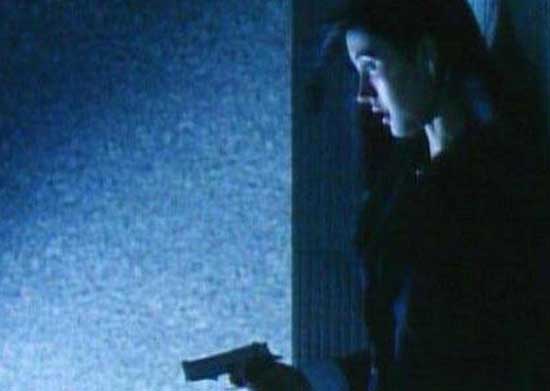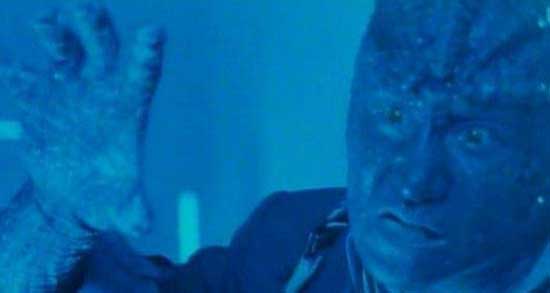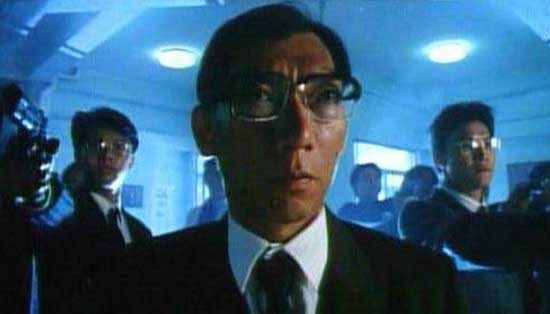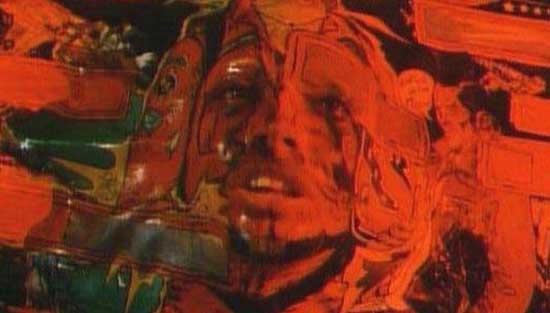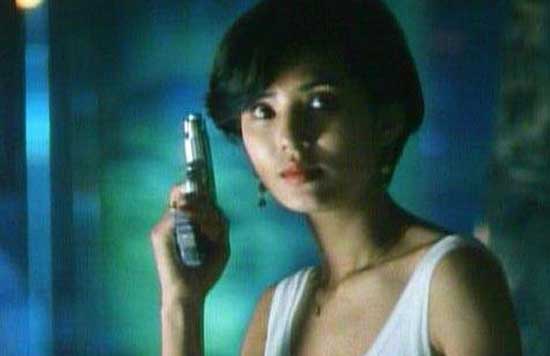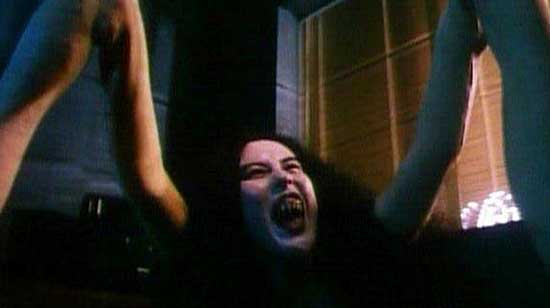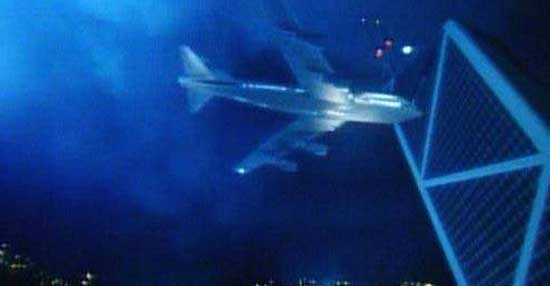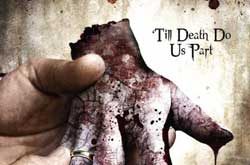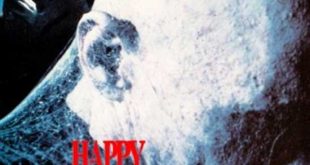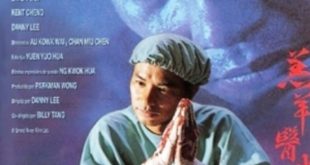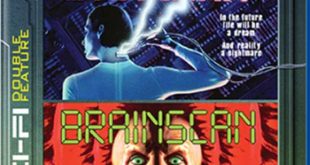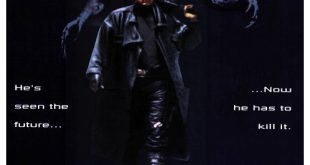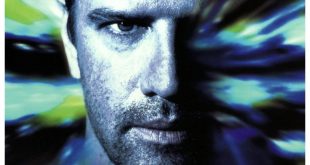SYNOPSIS:
When humans are cast into an epic war with reptilian monsters, an anti-monster agent falls in love with the enemy.
REVIEW:
Set in Hong Kong near the turn of the last century, Wicked City (1987) is a Chinese adaptation of the first of a series of Japanese speculative horror fiction novels written by Hideyuki Kikuchi. Directed by Peter Mak, the film is a moody, neo-noir exploration of a dystopian world shared by humans and demons, constantly at odds with one another and on the uneasy brink of an all-out war.
In the world of the novels, the human world coexists with an alternate universe, which is the home of reptilian demons. A government agency called the Black Guard is responsible for tracking down and neutralizing demon threats. This adaptation refers to the demons as rapters (or “reptoids”, in the dub I watched) and the police force as the Special Squad.
The story centres on Taki (Leon Lai), a Special Squad member who lives undercover in Tokyo, posing as a salesman and importer. After a near escape during an attempted assassination by a disguised rapter which is foiled only by the arrival of fellow Squad member Ken (Jacky Cheung), Taki is recalled back to Hong Kong to investigate the proliferation of an addictive and deadly performance-enhancing drug nicknamed “Happiness”. Taki requests that he be partnered with his friend Ken, but he is denied – Ken’s background as the product of a love affair between a human and a rapter stokes the prejudices of his superior officer, who knows his secret. Taki has a secret of his own – a prior love affair with a rapter whom he was once ordered to arrest. Windy (Michelle Reis) is a rapter with a heart of gold, it seems – one who has a secret yen for peace between the two species.
With me so far? It gets a lot more complicated, very quickly.
In addition to the Humans v. Demons element of the story, there is also a violent intra-species war between two different groups of rapters. The first, led by Windy’s new lover Daishu (Tatsuya Nakadai), is determined to conquer the human world through economic power and hopes for eventual peace. The other is led by Daishu’s son Shudo (Roy Cheung), who is responsible for the distribution of the deadly Happiness drug into the human population. A new Squad partner named Orchid (Carman Lee) is thrown into the mix, and may hold a few dangerous secrets of her own.
The film opens with a shot of a setting sun, and the rest of the film takes place in perpetual night. The majority of the scenes in the film are shot in a moody, dim, blue-hued atmosphere. The influence of 1982’s Blade Runner is difficult to deny, in terms of the aesthetics and several of the themes, which include the alienation of humans from their own emotions.
The film is ambitiously high-concept, but has trouble juggling all of the balls it has up in the air with the necessary level of finesse to make its convoluted story work. The practical effects are actually quite fun to watch, but the story is underwhelming in comparison to the visual spectacle. The film is bogged down by hacky dialogue and contrived plotting. The final act of the film devolves from a gritty noirish sci-fi police drama into something that could rival a mescaline trip – at one point, our protagonists enter into a battle with an amorous and homicidal anthropomorphized elevator. Sexualized machines seem to play an oversized role in this film – earlier on, we are treated to the dubious pleasure of watching Shudo engage in some bizarre foreplay and dirty talk with a pinball machine that has a female face and personality. Rape and force loom large in the sexual imagination of the story, and this adaptation wallows in it frequently.
Would I recommend this film? Honestly, it took me two sittings to make my way through it. The only way I would recommend watching it would be on mute in the background at a party. Enjoy the epic battles, ambitious monster design, and trippy final act – let the rest be silence.
Rating: 2 out of 10 reptilians.
 Horror News | HNN Official Site | Horror Movies,Trailers, Reviews
Horror News | HNN Official Site | Horror Movies,Trailers, Reviews

